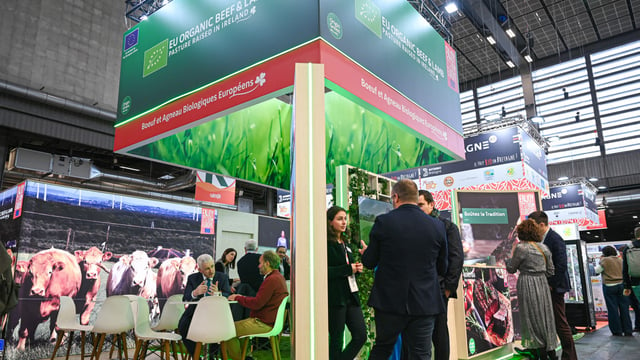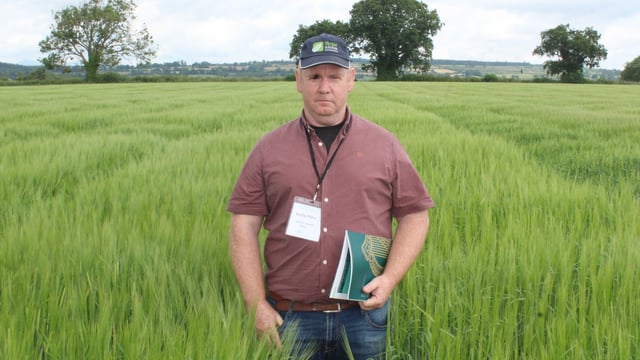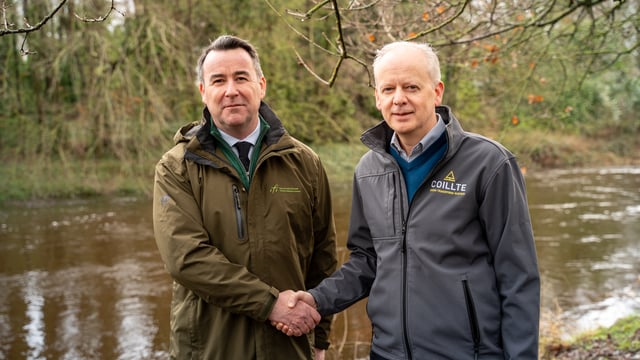ATU lecturers win funding for food systems and rural projects
Two academics from the Atlantic Technological University (ATU) are among 10 National Challenge Fund finalists to win funding for projects aimed at finding solutions to environmental and societal issues.
The two lecturers, Dr. Amaya Vega and Dr. Niall Maloney from ATU Galway-Mayo, secured funding for research projects in two areas, sustainable communities (transport) and future food systems (aquaculture).
Dr. Vega, lecturer in Transport Economics at ATU's Galway School of Business and Dr. Myra Lydon from the University of Galway's project is titled EMBRACE - Mobility.
EMBRACE stands for Equitable Management of Bridges for Resilient Accessible Communities to Ensure Mobility.
Dr. Vega said: “We all remember Storm Bert last November, which caused widespread flooding and landslides resulting in over 100 road closures across the west coast of Ireland, with the majority in rural areas."
She said the extreme weather event highlighted the major role that the road network played in the resilience of rural communities in the aftermath of a storm.
The project aims to prototype a decision support tool for prioritising bridge maintenance with a focus on accessibility for rural communities.
"EMBRACE-Mobility develops a new decision support tool for bridge asset managers to prioritise the mobility vulnerability of rural communities by integrating spatial accessibility metrics into decision-making," Dr. Vega said.
Lecturer in Physics and Instrumentation in ATU Galway School of Science, Dr. Niall Maloney, and Dublin City University (DCU), School of Physical Sciences, Prof. Enda McGlynn are working with Catherine McManus of Mowi Ireland on a project titled 'NanoSA - Using Nanostructures for Sustainable Aquaculture'.
Dr. Malone said regular biosecurity testing is essential to maintaining high standards of animal welfare in aquaculture, but the current methods for detecting bacteria can take several days as samples have to be sent to centralised laboratories, often outside of Ireland.
"Many aquatic diseases present with similar symptoms, making rapid and accurate on-site detection critical for effective disease management," Dr. Malone said.
"Reliable point-of-care diagnostic tools are lacking in this sector, yet they are crucial for enabling faster, more precise treatment decisions.
"We are developing innovative nanostructure-integrated lateral flow assays that will deliver on-site results in just 60 minutes.
"These tests will not only provide rapid detection but also offer quantitative insights into infection levels, allowing biologists and veterinarians to make informed, timely interventions."
Minister for Higher Education, James Lawless, said: “These teams are working on innovative, solution-focused projects that will have a real and positive impact across society, the economy, and the environment."
Each team is being awarded up to €500,000 funding for the next 12 months to advance their projects.











